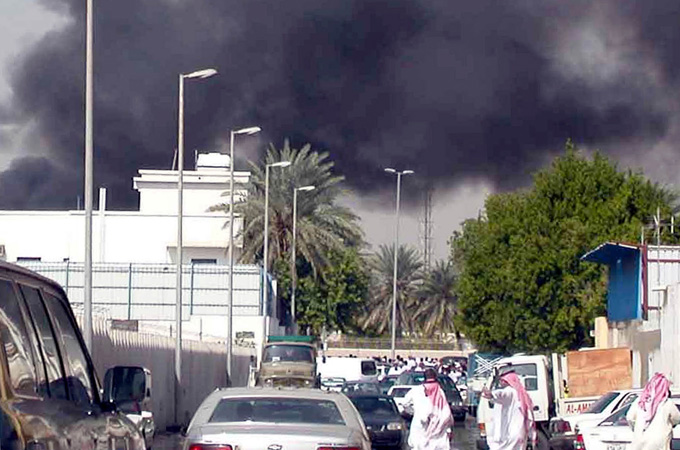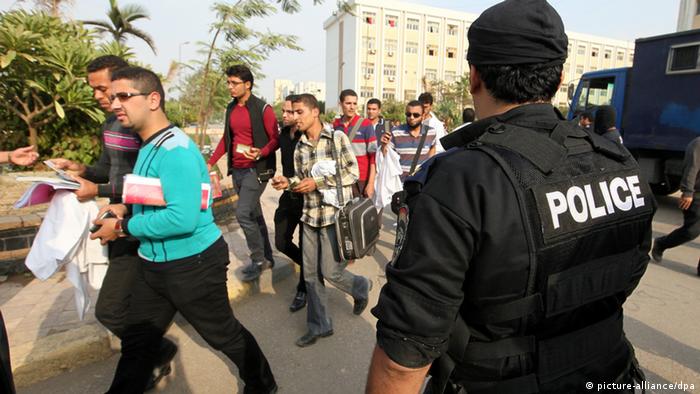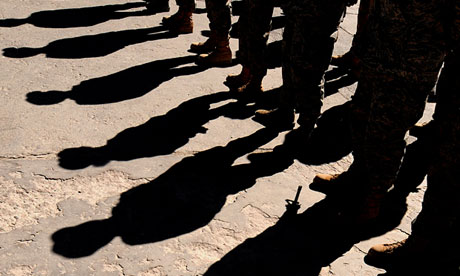By Thomas Murphy
Impunity Watch Reporter, Middle East
DAMASCUS, Syria – A report issued by the Euro-Mediterranean Human Rights Network estimates that 6,000 women have been raped since the beginning of the Syrian conflict. The report adds that women are being targeted by snipers and used as human shields.

The report states the capture, torture, and rape of women is used as strategy to leverage prisoner exchanges and exact revenge on the opposition. Often times women will be abducted in effort to force their male relatives to surrender.
“They are being used as privilege, not in the sense that they are favored, but because sometimes of their relationship to opposition members or government-related members,” EMHRN spokeswoman Hayet Zeghiche told the BBC.
Many of the rape victims are socially stigmatized and forced to leave their families or fear returning to their families because of possible retribution. The social stigma attached to rape victims leaves them alone and isolated.
“Syrian women exposed to sexual abuses subsequently found themselves victimized not only by the crime itself, but also by enduring the silence that surrounds the crime and the social pressure related to it,” the report said.
The findings were backed up by Lauren Wolfe, an award-winning journalist who has focused on rape in conflict for several years. She is currently the director of Women Under Siege, a group that has been mapping reports of sexual violence in Syria over the past year.
“The general rule that I go by, and a lot of public health researchers go by, is for every one woman who speaks out, there are up to 10 more that remain silent,” Wolfe said.
Seventy-percent of the documented rape victims report that they were raped by government or pro-government forces. This is not uncommon in scenarios where, like in Syria, rebel fighters rely heavily on civilian support.
The report said rape was documented in seven provinces, including Damascus, mostly “during governmental raids, at checkpoints and within detention facilities.”
On Monday, UN Secretary General Ban Ki-moon announced that first peace talks during the conflict would begin on January 22. He added that it would be “unforgivable not to seize this opportunity to bring an end to the suffering and destruction.”
For further information, please see:
BBC – Syria conflict: Women ‘targets of abuse and torture’ – 26 November 2013
Global Post – 6,000 cases of women raped during Syrian conflict, human rights group says – 26 November 2013
Gulf News – ‘Rape used as women of war against Syria women’ – 25 November 2013
Reuters – Syrian women suffer inside their country and out – 11 November 2013



